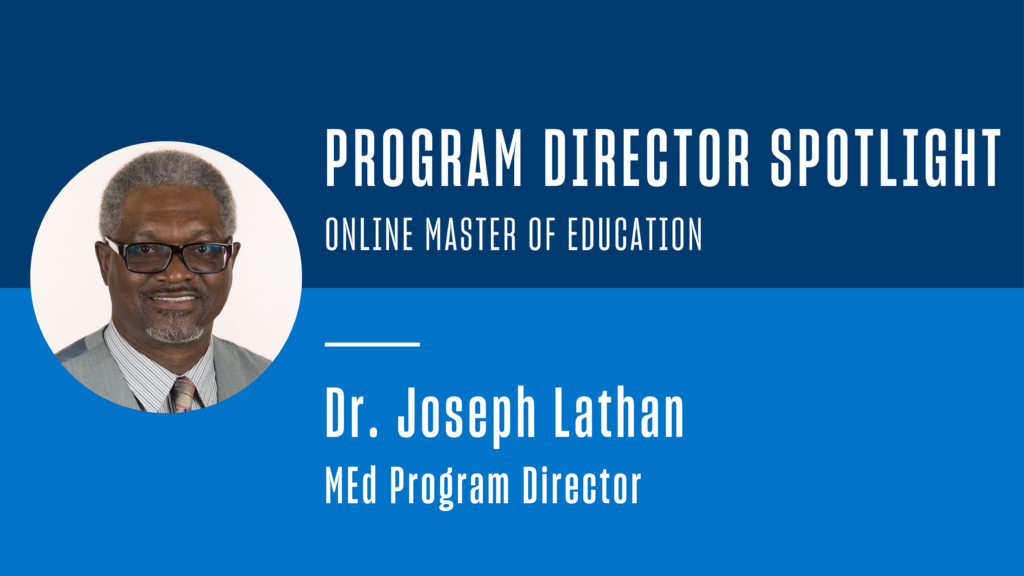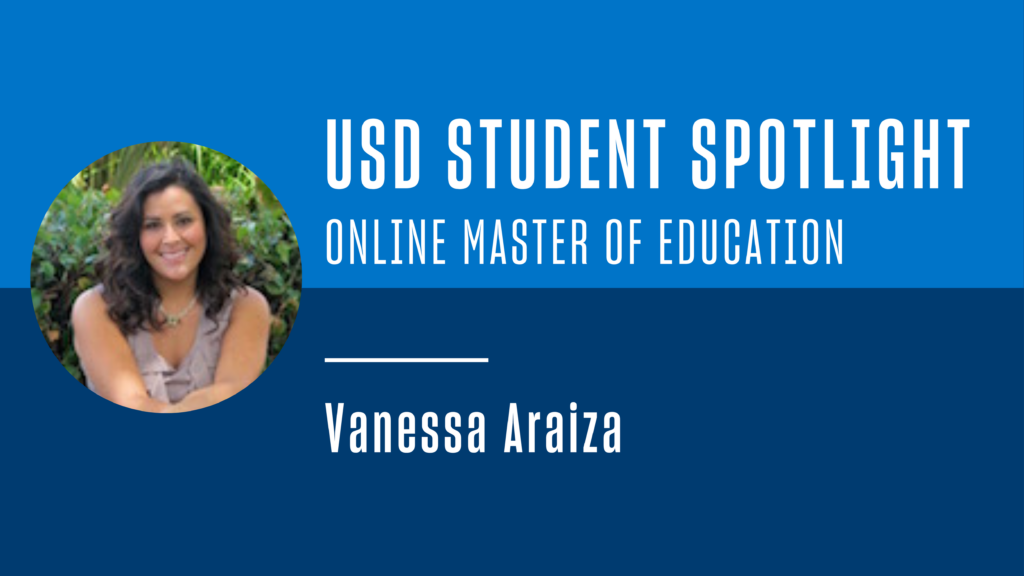Elementary, middle and high school teachers are in high demand across the country. And for those considering a career in education, there can be a host of benefits. But many would-be teachers mistakenly believe that without a bachelor’s degree in education a career in teaching isn’t possible. Yet, while a bachelor’s degree is required to become a teacher, a bachelor’s degree in education is not. There are alternative avenues that make a career in education possible for those that have a degree in a discipline other than teaching. From state requirements to alternative licensures and masters in education for non-teachers, here’s what you need to know to launch a rewarding and lifelong career in the education field.
Want the Brochure for USD’s Online Master of Education Degree?
Earn your M.Ed. in just 20 months with a program designed for working professionals.
State by State: Teaching Requirements Vary

Teaching requirements vary from state to state. If you are hoping to move into the teaching field, your first step should be to research your state requirements.
Currently, every state requires teachers to hold a bachelor’s degree at minimum. In addition to a bachelor’s degree states typically require a combination of experience, licensures and continuing education hours.
[RELATED] How to Advance Your Career: A Guide for Educators >>
Teach.org, sponsored by the U.S. Department of Education, lists licensure and education requirements for each state. Additionally, each state has a website listing its teaching requirements. Those in California can find qualifications at TeachCalifornia.org.
Alternative Licensure Programs

Beginning in the 1980s, in order to deal with the shortage of teachers in the United States and to encourage those with a bachelor’s degree in a subject other than education to go into teaching, alternative certification programs were developed. Today, these alternative certifications have grown in popularity. Many states are strongly promoting certification programs and even creating “emergency certificates” in an attempt to alleviate the country’s major teacher shortage. According to NPR, “One in five new teachers becomes a teacher through means other than a four-year undergraduate program or a master’s degree. Many are uncertified the first time they stand in front of students as the ‘teacher of record’ — the only adult in the room.”
While these alternative certifications can be a great avenue for prospective teachers to enter the field, some argue that they are not thorough or rigorous enough. And while that may be true of some, the certification programs themselves vary greatly.
There are generally two types of programs, those offered through the state and those offered through independent agencies.
California Teacher Corps is an example of a state-run organization that offers an alternative certification licensure, stating that “alternative certification is the ideal way for mature individuals with established professional and/or life experience to segue into teaching. With deep content knowledge and expertise, candidates can teach in the classroom while simultaneously earning their teaching credential.”
Teach for America, a nonprofit, and Teach-Now, an online for-profit certification company, are two examples of the many independent alternative certification organizations.
Alternative licensure programs can help those without a bachelor’s degree in education enter the teaching field without investing too much time up front. But if you know you want to teach, and you are able to commit to a master’s program, skipping over the alternative licensure path is typically the best avenue. In a master’s degree program you will prepare to acquire licensure plus gain a host of additional skills that will make you much more marketable and confident in your career. Ultimately, many teachers who go the alternative licensure route continue on to get their master’s degree, using the alternative certification programs to receive some initial training and experience while receiving a paycheck at the same time.
Are You An Educator Considering the M.Ed Path?
Read the top 11 reasons to earn your master of education degree.
The Ultimate Qualification: A Master’s Degree

The ultimate qualification and resume builder for educators or prospective educators is a master’s degree. While a master’s degree can be a more hefty investment when compared to a certificate program, a master’s in education for non-teachers greatly expands potential career opportunities and adds a level of expertise that employers look for. In some districts, a master’s degree is required for employment. Not only that but teachers with a master’s degree typically receive a pay bump.
There are two options for educators when it comes to obtaining a master’s degree: a Master of Education degree (MEd) or a Master of Arts in Teaching degree (MAT). Both degrees qualify an educator to teach but there are some primary differences between the two.
A Master of Education degree is geared toward educators who are interested in the broader educational realm and moving into a leadership position. If you are interested in becoming a school principal or working in educational administration or perhaps have an interest in designing school curriculum, the MEd will give you the skills required to be successful in these roles.
In contrast, the Master of Arts in Teaching degree offers a more hands-on, teaching-focused curriculum and is meant for those who want to hone their expertise in a particular content area and improve their teaching methods, style and classroom performance.
For those serious about teaching, a master’s degree is often the ultimate goal. If you are entering the field with a bachelor’s degree in a discipline other than education, certificate programs offer a pathway to immediate employment. Yet, the best vehicle to propel your career is a graduate degree and you don’t need to have a bachelor’s in education to begin one. Many universities today offer 100% online degree programs, which make earning a degree possible for working professionals.
At the University of San Diego we offer a 100% online Master of Education Degree with five distinct specializations. If you would like to learn more about our nationally accredited program contact an admissions advisor.





